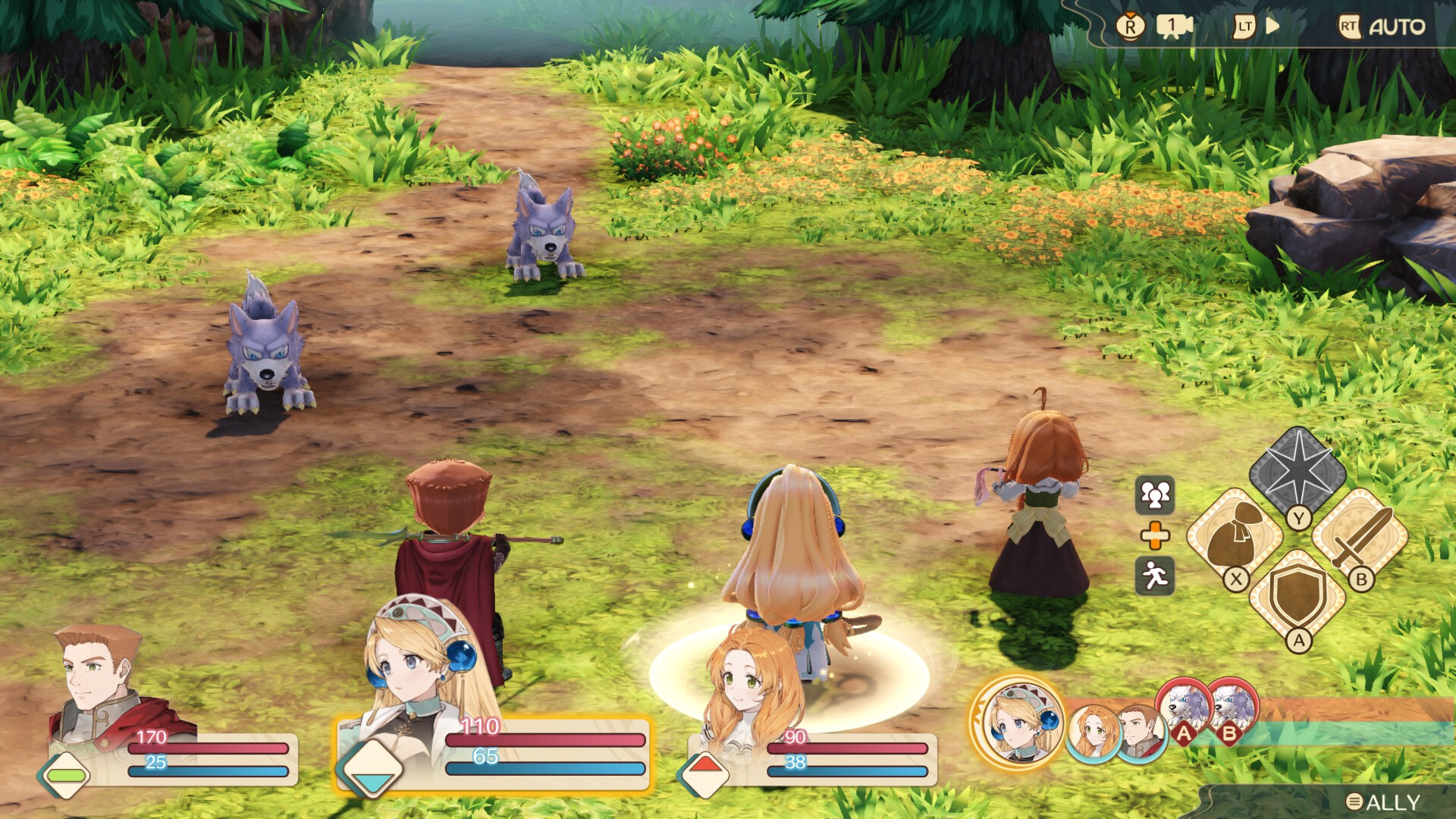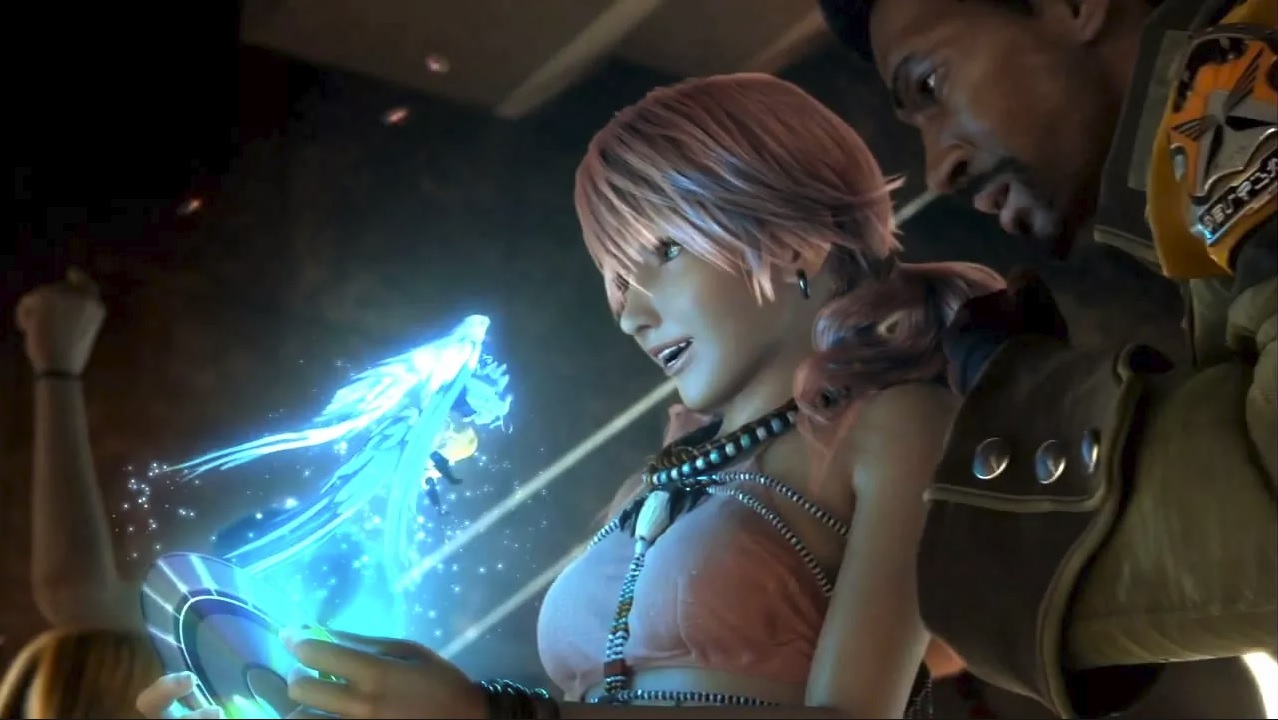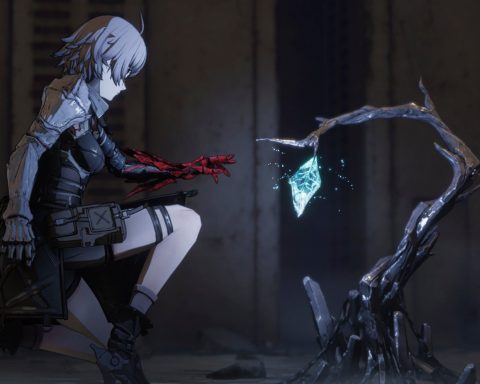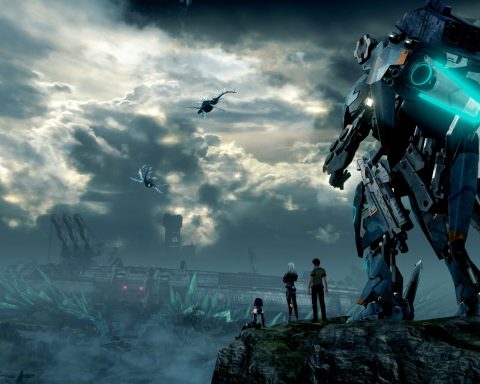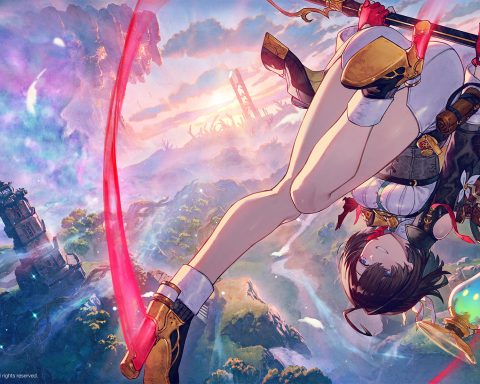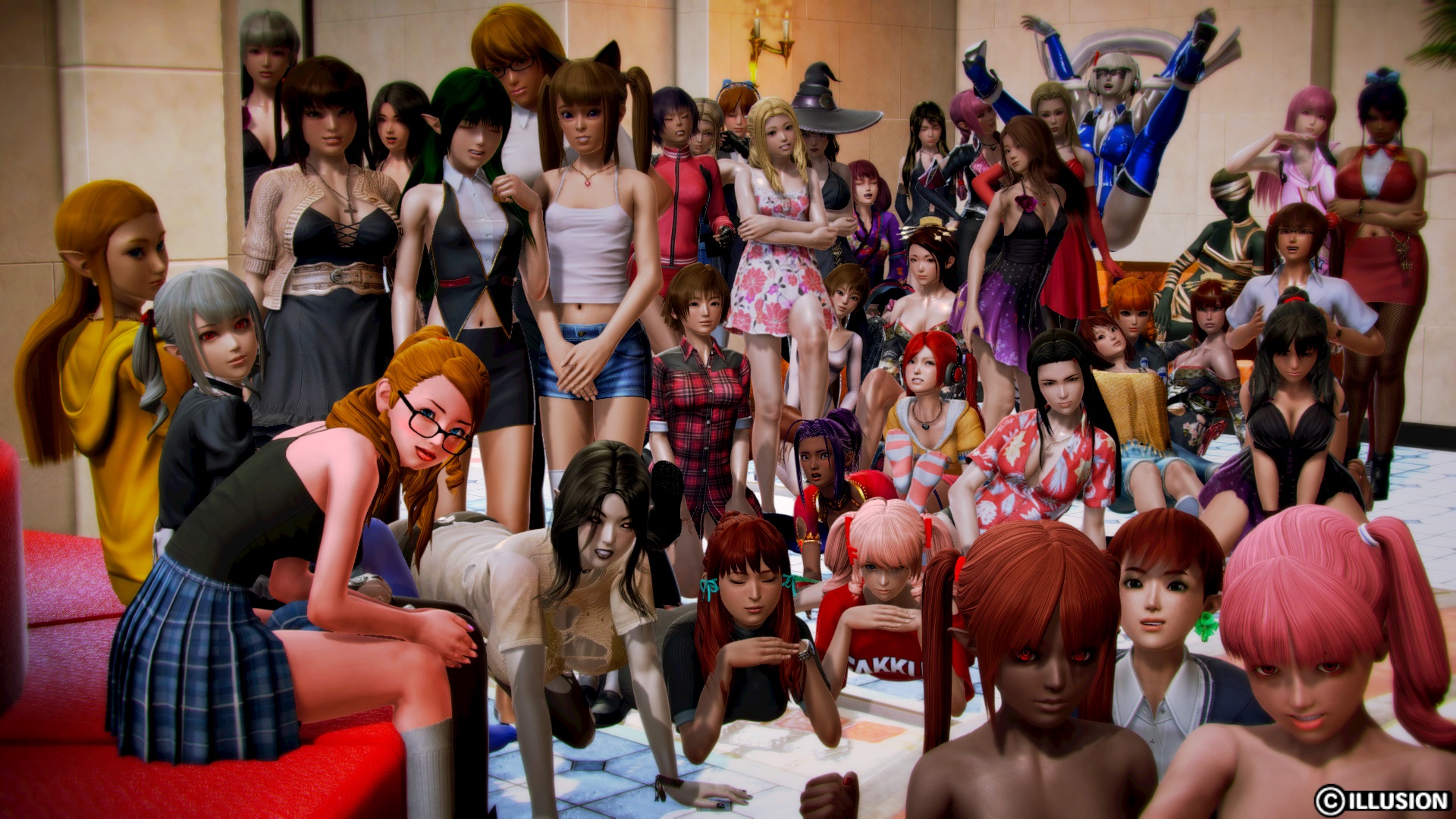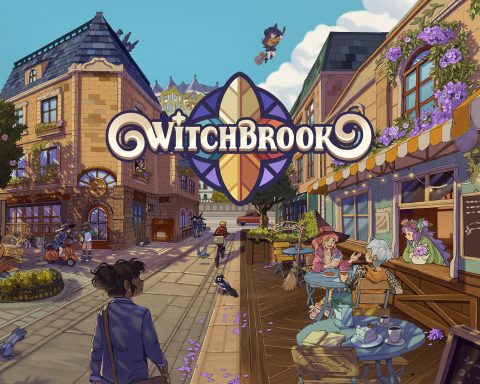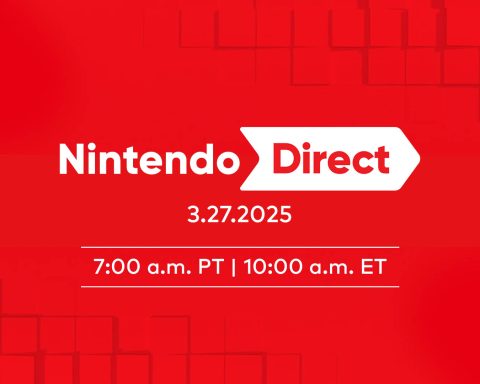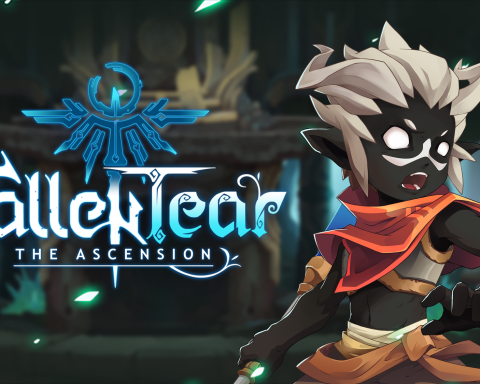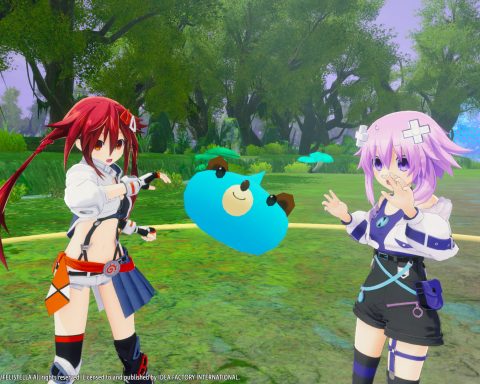If you’re new to the genre of Japanese role-playing games (JRPGs), you might feel overwhelmed by the sheer variety and complexity of these games. But don’t worry, the genre is much easier to get going than you might realise. Here are some quick tips for getting going for the first time.
1. Choose a game that suits your preferences and skill level. JRPGs come in many shapes and sizes, from classic turn-based battles to action-packed combat systems, from linear stories to open-world exploration, from cute and colourful graphics to dark and gritty aesthetics. There’s something for everyone, but not every game will appeal to you or challenge you in the right way. Do some research before you buy a game, read reviews, watch gameplay videos, and ask for recommendations from other players who share your tastes. Just remember that JRPG fans tend to be a passionate bunch and will often recommend their favourite obscure series to newcomers. For your first JRPG out, you probably want to stick to a popular franchise like Final Fantasy or Dragon Quest first.
2. Learn the basics of the combat system. JRPGs are known for their deep and strategic combat mechanics, which often involve managing your party members, using items and skills, exploiting enemy weaknesses, and planning ahead. Each game has its own rules and quirks, so make sure you pay close attention to the tutorials (there will be a lot of them) to understand how they work and practice them in the tutorial or early stages of the game. Don’t be afraid to experiment with different options and strategies, and don’t hesitate to adjust the difficulty level if you find the game too easy or too hard. Just be patient with it! However confusing you might find it at first, it’ll get better.
3. Explore the world and talk to NPCs. JRPGs are rich in lore and world-building, and you can learn a lot about the setting, history, culture, and characters by exploring the environments and interacting with the non-player characters (NPCs). You might also find hidden secrets, side quests, items, or events that will enhance your gameplay and immersion. Some NPCs might even join your party or give you useful tips or rewards.
4. Follow the main story but don’t rush it. JRPGs usually have engaging and epic stories that span dozens of hours of gameplay. You’ll want to follow the main plot and see how it unfolds, but don’t rush through it or skip any cutscenes or dialogues. Take your time to enjoy the story, get invested in the characters, and appreciate the twists and turns. You’ll also want to take breaks from the main story once in a while and do some side activities or quests that will flesh out the world and your party members.
5. Customise your party and equipment. JRPGs often give you a lot of freedom and options to customise your party members and their equipment. You can choose which characters to use in battle, what roles they play, what skills they learn, what weapons and armour they wear, and so on. Customising your party and equipment can make a big difference in your performance and enjoyment of the game, as well as reflect your personal style and preferences.
6. Save often and use multiple slots. JRPGs can be unpredictable and challenging, and you never know when you might encounter a tough boss, a trap, a bug, or a game over. To avoid losing your progress or getting stuck in a bad situation, you should save your game often and use multiple save slots. This way, you can always go back to a previous point if you need to retry something or change something.
7. Experiment with different genres and subgenres. JRPGs are not a monolithic genre, but rather a diverse family of subgenres that have different features and appeals. For example, some JRPGs are more focused on action and real-time combat (such as Final Fantasy XVI or Kingdom Hearts), while others are more focused on strategy and turn-based combat (such as Persona 5 or Fire Emblem). Some JRPGs are more focused on character development and social interactions (such as Trails of Cold Steel or Yakuza), while others are more focused on exploration and discovery (such as Xenoblade Chronicles or Ni no Kuni). Some JRPGs are more focused on comedy and parody (such as Disgaea or Earthbound), while others are more focused on horror and mystery (such as Shin Megami Tensei). Experimenting with different genres and subgenres can help you broaden your horizons and find new favourites.
8. Don’t be afraid to use guides or walkthroughs. JRPGs can be complex and confusing, especially for beginners. You might miss something important, get lost, or get stuck on a puzzle or a boss. If that happens, don’t be ashamed to use guides or walkthroughs that can help you out. You can find them online on websites like GameFAQs or YouTube. Just be careful not to spoil yourself too much or rely on them too much.
9. Have fun and enjoy the journey. JRPGs are meant to be fun and enjoyable experiences that transport you to another world and make you feel like a hero. Don’t let frustration or boredom ruin your mood or motivation. Remember that you’re playing for yourself, not for anyone else. Play at your own pace, in your own way, and with your own goals. Have fun and enjoy the journey.
10. Share your thoughts and feelings with other fans. JRPGs are not only games, but also communities of fans who love and appreciate them. You can share your thoughts and feelings about the games you play with other fans online, on social media, forums, blogs, podcasts, or videos. You can also join fan clubs, groups, or events that celebrate your favourite games or characters. Sharing your experiences with other fans can enrich your enjoyment and understanding of the games, as well as make new friends and connections.
And with that, welcome to your new favourite genre!


